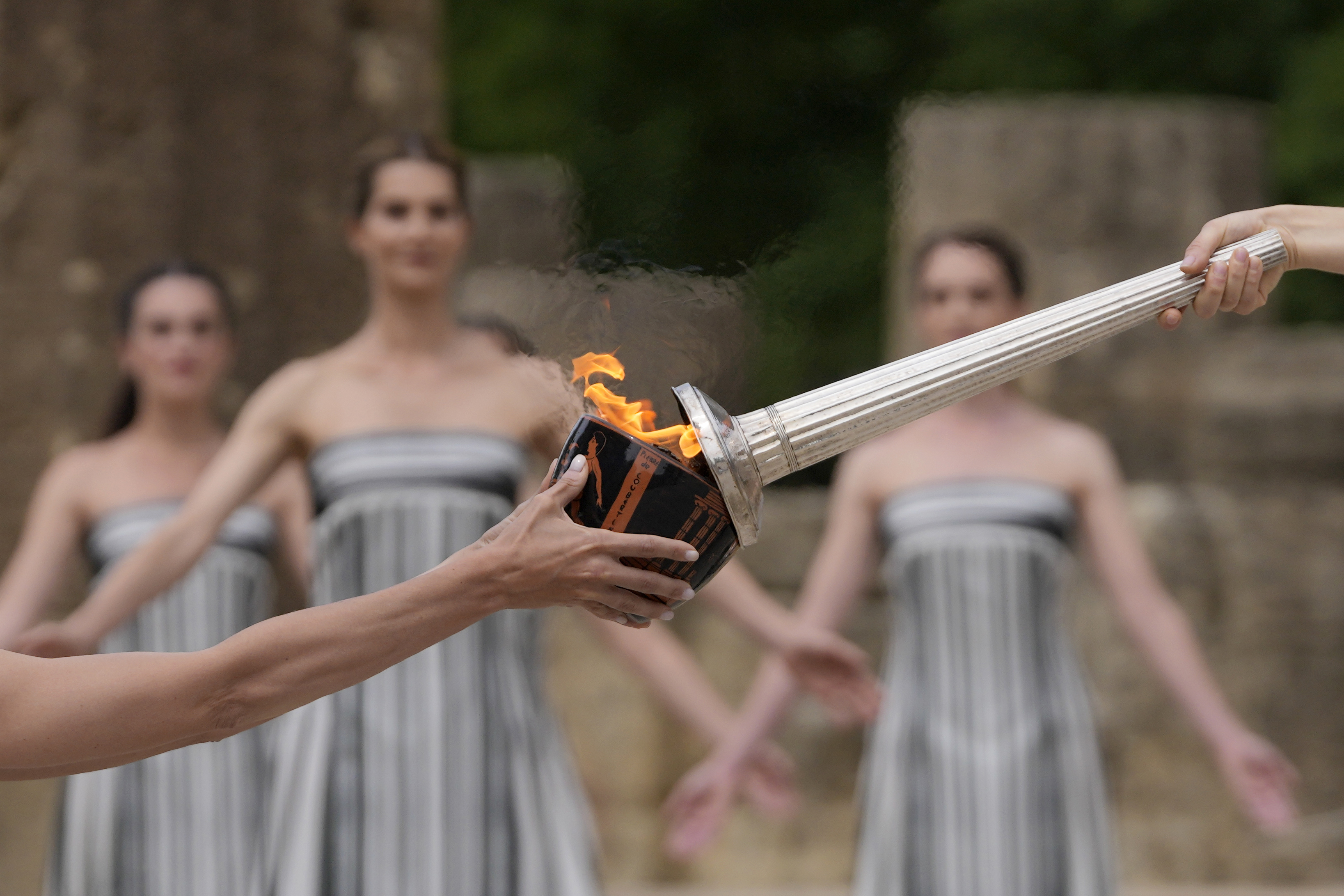A woman described by the prosecution as the sole surviving victim of the alleged "Grim Sleeper" identified him in court Thursday as the man who shot her in the chest and then took a photo of her in November 1988.
Enietra Washington was shown a June 1989 photo of serial murder suspect Lonnie Franklin Jr.
"How certain are you that this is the person who shot you?" Deputy District Attorney Beth Silverman asked the 57-year-old witness.
Washington answered, "100 percent."
Looking toward him seated in the courtroom, she said Franklin has "less hair now, but he still looks the same."
In earlier testimony, Washington told the Los Angeles Superior Court jury hearing the case against Franklin that he took an instant photo of her with a Polaroid-type camera after shooting her.
She said things had turned "eerily quiet" in her assailant's "customized" orange Ford Pinto when she questioned why he had called her by somebody else's name after she eventually accepted what was to have been a brief ride to a friend's house.
U.S. & World
"I thought he said Brenda," she testified. "I turned back and said, 'that's not my name.'"
Prosecutors are seeking the death penalty against Franklin, a 63-year- old former city employee charged with the murders of nine women, mostly in their 20s, and a 15-year-old girl, and with the attempted murder of Washington, who was in her late 20s at the time.
The victims' bodies were dumped in alleys and trash bins in and around South Los Angeles, Inglewood and unincorporated Los Angeles County. Washington testified that her assailant reached toward the driver's door and said something to her, then told her, "Don't touch that door, bitch, (or) I'll shoot you again."
"I said, 'You shot me?" she told jurors.
She said she hadn't heard the sound of a gunshot and reluctantly looked down later to discover blood on her chest.
"I asked him why,'' she said. "He said it was because I was dogging him out," Washington testified, noting that the term meant disrespect. "I said 'I'm not dogging you out when I don't even know you' ... Why did you shoot me?"
"At that point, he started rambling, confusing me with someone else," she said, adding that she told him that she had children and thought he would take her to a hospital. The man refused, she said.
Washington -- who works as a nurse's assistant -- testified that she "blacked in and out" and realized her assailant was on top of her at one point.
"He was taking an actual picture of me," she said.
She said that her assailant was "trying to kiss me" while she was "trying to push him off of me."
She said she told him, "Get off of me. You're hurting me."
"Did he stop?" Silverman asked.
"No," Washington responded.
"I woke up to him being between my legs," she said, noting that he was trying to kiss her.
"Could you feel his mouth on your vaginal area?" the prosecutor asked.
"Yes," the woman responded. "I remember trying to fight him, pushing him away."
She said she believed she had been raped.
"I think he did it when I was passed out," she said. She said the man pushed her out of the vehicle as she tried to open the door to get away.
"Was the car moving at the point he pushed you out?" the prosecutor asked.
"Yes," Washington responded, adding that she laid in the street before rolling over to the curb and walking to try to find help as she faded in and out of consciousness. She said that she made it to her friend's porch and urged her to call 911 when her friend and her friend's husband drove up later, and that she was taken by ambulance to a hospital, where she underwent surgery.
Shown the Polaroid-type photo that police said they recovered from Franklin's home during a three-day search by a team of investigators after his July 2010 arrest, Washington said she recognized herself inside the Pinto.
When asked if she had pulled up her blouse or bra to expose her breasts, she responded that she had not. She said she believed that she saw her assailant again at her home in Inglewood -- the address listed on her driver's license -- about a year after she was released from the hospital and that he asked if she knew him.
She said she responded, "Am I supposed to?" before he turned and walked away.
Under cross-examination, defense attorney Seymour Amster asked if she had ever seen the man again since then.
"Except in court, no," she responded.
She said a sketch done by a sketch artist that was done after the attack "didn't really look like" her assailant, and maintained that she had not told a friend that she had been in a car with two or three men.
Washington acknowledged that she had a marijuana joint laced with cocaine about four or five hours before getting into the Pinto.
In a courtroom packed with observers and other victims' family members, Washington described her assailant as shorter than her -- she is 5-foot-7 1/2 inches tall -- and neatly dressed in a short-sleeved uniform shirt and khaki pants.
She said he repeatedly asked her to let him drive her to her friend's house while she was walking in South Los Angeles and that she relented after he told her, "That's what's wrong with you black women. People can't be nice to you."
Washington testified that her attacker told her he needed to stop at his uncle's house to pick up money, and then told her to throw out her cigarette and headed in the wrong direction from her friend's home when he returned to the car before shooting her.
In her opening statement, Silverman described Washington as the "sole surviving victim" of the alleged "Grim Sleeper" attacks.
The prosecutor told jurors that Franklin had owned an orange Pinto. Along with the attempted murder, Franklin is charged with murdering:
-- Debra Jackson, 29, found dead from three gunshot wounds to the chest in an alley on Aug. 10, 1985;
-- Henrietta Wright, 34, shot twice in the chest and found dead in an alley on Aug. 12, 1986;
-- Barbara Ware, 23, shot once in the chest and found dead in an alley on Jan. 10, 1987;
-- Bernita Sparks, 26, shot once in the chest and found dead in a trash bin on on April 15, 1987;
-- Mary Lowe, 26, shot in the chest and found dead in an alley on Nov. 1, 1987;
-- Lachrica Jefferson, 22, found dead from two gunshot wounds to the chest in an alley on Jan. 30, 1988;
-- Alicia Alexander, 18, killed by a gunshot wound to the chest and found in an alley on Sept. 11, 1988;
-- Princess Berthomieux, 15, strangled and discovered in an alley in Inglewood on March 19, 2002;
-- Valerie McCorvey, 35, strangled with a ligature and found dead at the entrance to an alley on July 11, 2003; and
-- Janecia Peters, 25, shot in the back and found dead inside a sealed plastic trash bag in a trash bin in an alley on Jan. 1, 2007.
Franklin denied having contact with any of the victims, calling one of them "fat" and one of them "butt ugly" while being questioned by police after his arrest, the prosecutor said.
Authorities said after Franklin's arrest that he was identified as a suspect using familial DNA -- investigators determined that his son had DNA similar to the killer, and when they subsequently obtained Franklin's DNA, his genetic material allegedly matched forensic evidence from eight killings between 1985 and 1988, and three killings between 2001 and 2007.
Detectives have said since Franklin was taken into custody and held without bail that they were also investigating if he might be connected to the disappearances or deaths of eight other women whose photos were found in his home near 81st Street and Harvard Boulevard.



